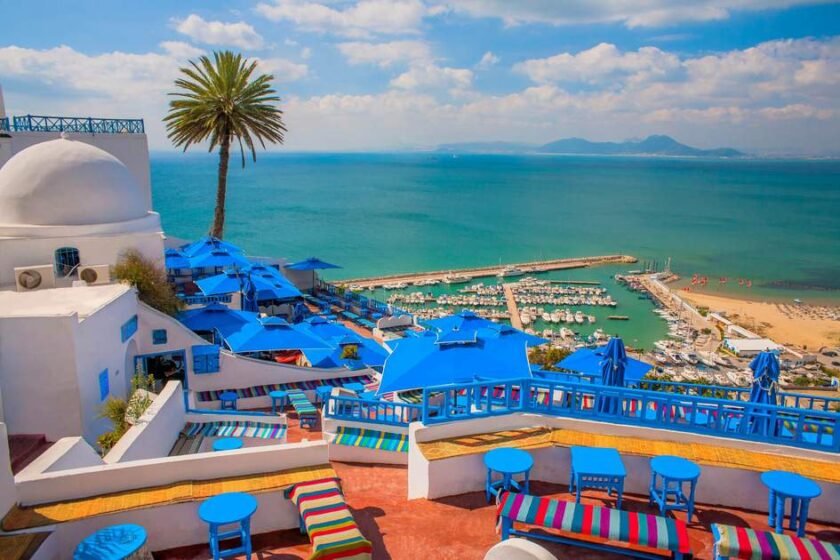Tunisia’s traditional tourism model, long centered on beach resorts, must urgently evolve and diversify to remain competitive on the global stage. This was the central message delivered by Ahmed El Karm, coordinator of the 9th Tunisia Economic Forum, held on September 18, 2025.
The event, organized by the IACE under the theme “Tourism in Tunisia: Towards New Horizons,” addressed a sector still grappling with challenges despite a post-pandemic recovery. Key priorities include resolving the crippling debt burdening hotels and establishing a clear “open skies” policy to accommodate low-cost airlines. Improving the cleanliness of tourist sites and investing in continuous staff training were also highlighted as essential for boosting national competitiveness.
Ahmed El Karm pointed to three dominant global trends shaping the market: the digitalization of travel through online booking platforms, a growing demand for immersive cultural experiences, and the increasing importance of ecological impact on traveler decisions.
In response, he identified several high-potential niche markets for Tunisia to develop:
- Senior Tourism: Leveraging Tunisia’s climate and advantageous tax policies for European retirees.
- Health Tourism: Capitalizing on modern infrastructure and local medical expertise, though this requires formal agreements with European social security systems.
- Eco-Tourism, Luxury Stays, and Guesthouses: These segments could generate significant new revenue streams if supported by an adapted regulatory framework.
Concluding the forum, El Karm emphasized that tourism is not a secondary sector but a strategic engine for national development. Contributing nearly 10% of GDP when including ancillary activities, the sector’s revival depends on a regulatory overhaul, a comprehensive strategic vision, and stronger coordination between government ministries.
TunisianMonitorOnline (NejiMed)




